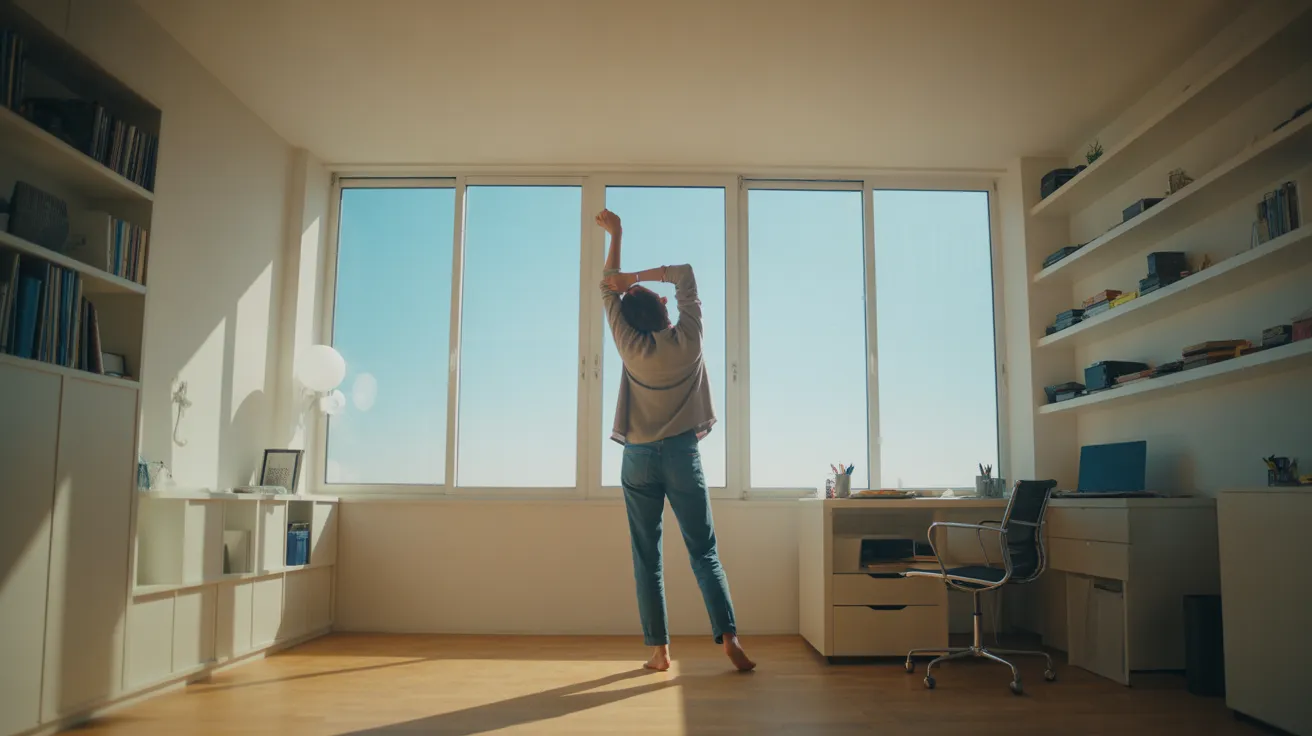
Your Seven-Day Monotasking Challenge
You now have a deeper understanding of the monotasking vs multitasking dynamic, the science behind focus, and a toolkit of rituals and mindsets to put into practice. But knowledge is only potential power. Action is where the transformation happens. The greatest benefits of monotasking come from consistent, deliberate practice.
It’s easy to read an article like this, feel inspired, and then fall back into old patterns by tomorrow. So let’s make it real. Let’s make it a small, manageable experiment. I invite you to take on a simple seven-day challenge. Don’t try to change everything at once. The goal is not perfection; it’s practice. The aim is to get a firsthand feel for how intentional, single-task focus can change the quality of your work and your day.
Here are three simple actions to commit to for the next seven days. Choose what feels right, or try all three. Keep it simple, and be kind to yourself as you learn.
1. Practice One “Focus Block” Per Day.
Just one. For the next seven days, schedule a single 25-minute block of time for uninterrupted, monotasked work. You can use the Pomodoro Technique or just a simple timer. During this block, pick your most important task for the day. Close all other tabs. Put your phone in another room. For those 25 minutes, you have only one job. If your mind wanders, gently guide it back. See how much you can accomplish when you give yourself the gift of a single-minded container for your attention.
2. Implement a Five-Minute Shutdown Ritual.
At the end of your workday, before you close your computer, take just five minutes. On a piece of paper or in a document, write down two things: one thing you accomplished today that you’re proud of, and the one task you will start with tomorrow. Then, tidy one thing on your desk. That’s it. This small act of closure can have a massive impact on your ability to disconnect and recharge in the evening.
3. Forgive One Distraction Each Day.
You will get distracted. You will open a tab you didn’t mean to. You will get pulled into a conversation. When it happens, your only task is to notice it without judgment and use your reset script. Say to yourself, “I got distracted. That’s okay. I’m now returning my focus to [your task].” This practice of self-compassion is perhaps the most important focus skill of all. It’s what ensures that one small slip doesn’t derail your entire day.
That’s your challenge. It’s small, it’s achievable, and it’s powerful. For seven days, practice these small acts of intentionality. Notice how you feel. Notice the quality of your work. You have the power to move from a state of constant, low-grade stress to one of calm, focused effectiveness. The journey starts not with a giant leap, but with a single, focused step. You can do this.


